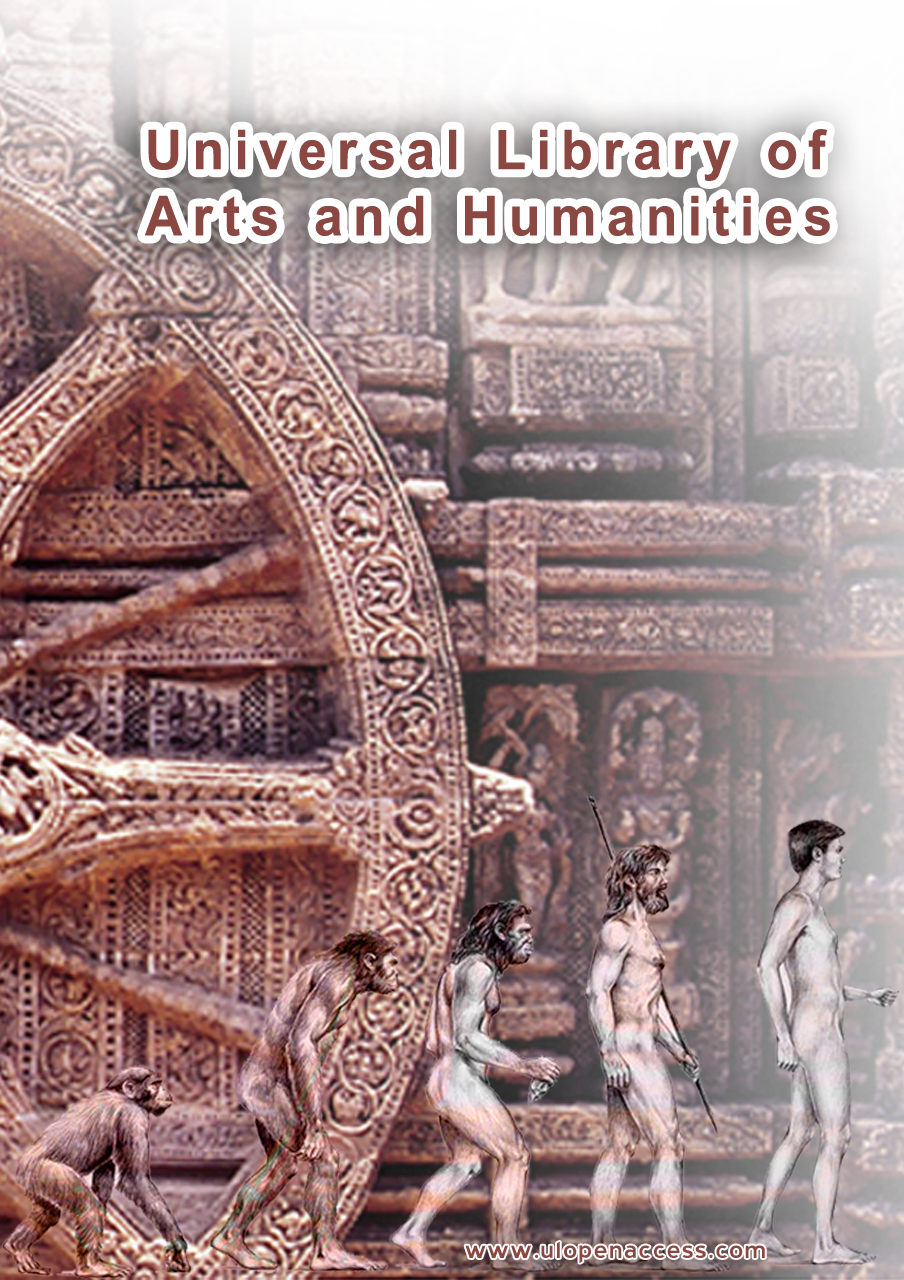Comparative Analysis of Sacrifice: Igbo-African Traditional Notion and Christian Understanding in Relation to Notion, Forms, Intentions, and ImplicationsIgnatius Nnaemeka Onwuatuegwu, Casimir N. Osigwe Citation: Ignatius Nnaemeka Onwuatuegwu, Casimir N. Osigwe, "Comparative Analysis of Sacrifice: Igbo-African Traditional Notion and Christian Understanding in Relation to Notion, Forms, Intentions, and Implications", Universal Library of Arts and Humanities, Volume 01, Issue 01. Copyright: This is an open access article distributed under the Creative Commons Attribution License, which permits unrestricted use, distribution, and reproduction in any medium, provided the original work is properly cited. AbstractThis article presents a comparative analysis of sacrifice, focusing on the Igbo-African traditional notion and the Christian understanding of sacrifice.The Igbo-African tradition views sacrifice as a means to establish and maintain a harmonious relationship with the divine. Sacrifice is seen as a reciprocal act, where offerings are made to deities or spirits in exchange for blessings and protection. In contrast, the Christian understanding of sacrifice centers around the sacrificial death of Jesus Christ, seen as an ultimate act of love and redemption. Jesus’ sacrifice is believed to reconcile humanity with God and provide salvation. While these traditions differ in their rituals and theological interpretations, they share a common goal of seeking a harmonious connection with the divine. This article explores the motivations, practices, and symbolic meanings associated with sacrifice in both traditions, aiming to deepen our understanding of the human quest for spiritual connection and the role of sacrifice in fulfilling this need. Keywords: Sacrifice, Igbo-African Tradition, Christian Understanding, Comparative Analysis, Philosophical Implications Download |
|---|

